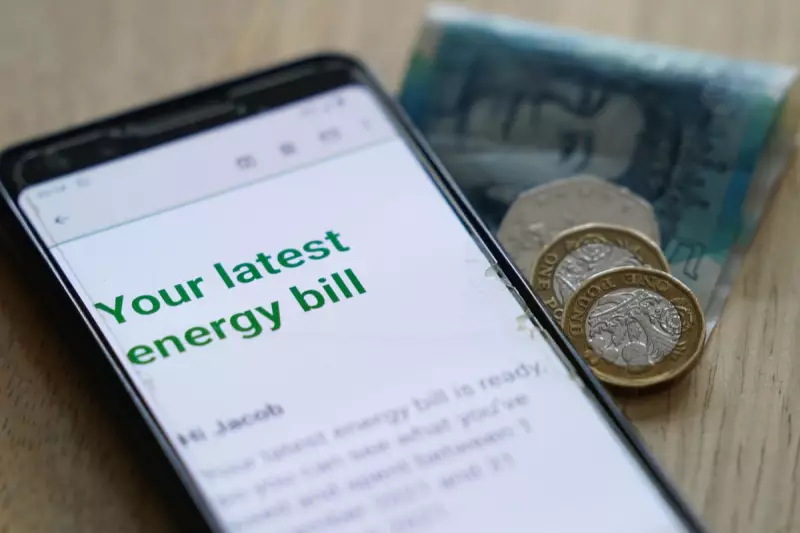
UK energy regulator Ofgem has come down hard on supplier Cornwall Energy, imposing a substantial £1.8 million penalty for a catalogue of serious failures that left its customers in the lurch.
The supplier's customer service and billing systems were found to be in complete disarray, leading to a severe breach of a crucial industry licence condition designed to protect households.
A Litany of Customer Failures
An in-depth investigation by the regulator uncovered a deeply troubling pattern of incompetence. Cornwall Energy failed spectacularly to meet its basic obligations, causing significant distress and potential financial harm to its customer base.
The most egregious failures included:
- Abysmal Call Handling: Customers were left hanging, with a staggering 90% of calls to the supplier's dedicated line going unanswered.
- Billing Chaos: The company displayed a shocking inability to produce accurate and timely bills, a fundamental requirement for any utility provider.
- Complaint Mismanagement: When customers inevitably raised issues, their complaints were not handled properly or recorded accurately, violating strict rules.
Ofgem's Stern Rebuke
Cathryn Scott, Ofgem's Director of Enforcement and Emerging Issues, issued a stern condemnation of the supplier's performance. She emphasised that the rules are not optional and are there for a vital reason: to ensure customers receive service standards they are rightfully entitled to, especially during a period of high energy prices.
"The terms of a licence are not optional, and we will take action when they are not followed," Scott stated, making it clear that such lapses in consumer protection are utterly unacceptable.
The Road to Redress
As part of its enforcement action, Ofgem has mandated that Cornwall Energy must pay a total of £1.8 million. However, in a move aimed at directly benefiting affected customers, the regulator has allowed the supplier to pay £1.5 million of this sum into a voluntary redress fund, administered by the Energy Industry Voluntary Redress Scheme.
The remaining £300,000 will be paid directly to the treasury. This outcome serves as a stark warning to all energy suppliers that failing to prioritise customers will result in serious financial and reputational consequences.





